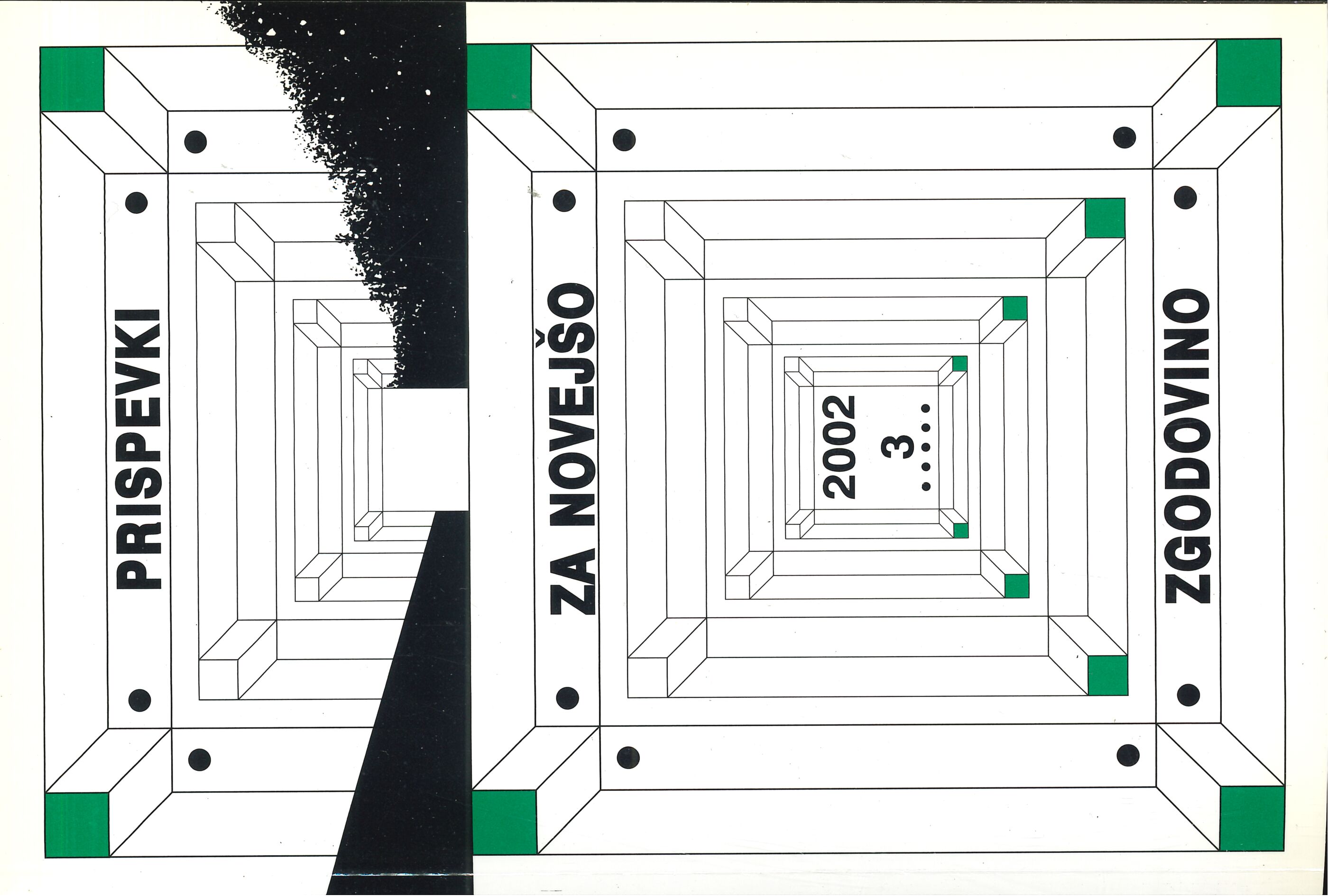Ivan Tavčar and the National Question
From Slovenism to Yugoslavism
Keywords:
liberalism, Ivan Tavčar, national question, Slovenism, YugoslavismAbstract
Like many of his contemporaries in the Austro-Hungarian State, Ivan Tavčar, one of the leading Carniolan liberals, placed the demand for the equality of the Slovene language in schools and other public institutions to the forefront of the national question. He saw education in the mother tongue as one of the foundations for a firm national awareness. However, after the establishment of the Kingdom of Serbs, Croats and Slovenes, he turned from being a promoter of Slovenism into an advocate of Yugoslavism. His activity, even from the nationalist viewpoint, was very much conditioned by his partisanship. His fundamental objective was to preserve the status of the party, ideology and class to which he belonged and which he represented. However, by promoting a more sophisticated, bourgeois culture, which was, according to him, attainable also through Slovene culture and language, he significantly contributed to the Slovenization and solidification of Slovene national awareness among the urban population in Carniola.
Downloads
Published
Issue
Section
License
Authors who publish with this journal agree to the following terms:
- Authors retain copyright and grant the journal right of first publication with the work simultaneously licensed under a Creative Commons Attribution License that allows others to share the work with an acknowledgement of the work's authorship and initial publication in this journal.
- Authors are able to enter into separate, additional contractual arrangements for the non-exclusive distribution of the journal's published version of the work (e.g., post it to an institutional repository or publish it in a book), with an acknowledgement of its initial publication in this journal.
- Authors are permitted and encouraged to post their work online (e.g., in institutional repositories or on their website) prior to and during the submission process, as it can lead to productive exchanges, as well as earlier and greater citation of published work (See The Effect of Open Access).


